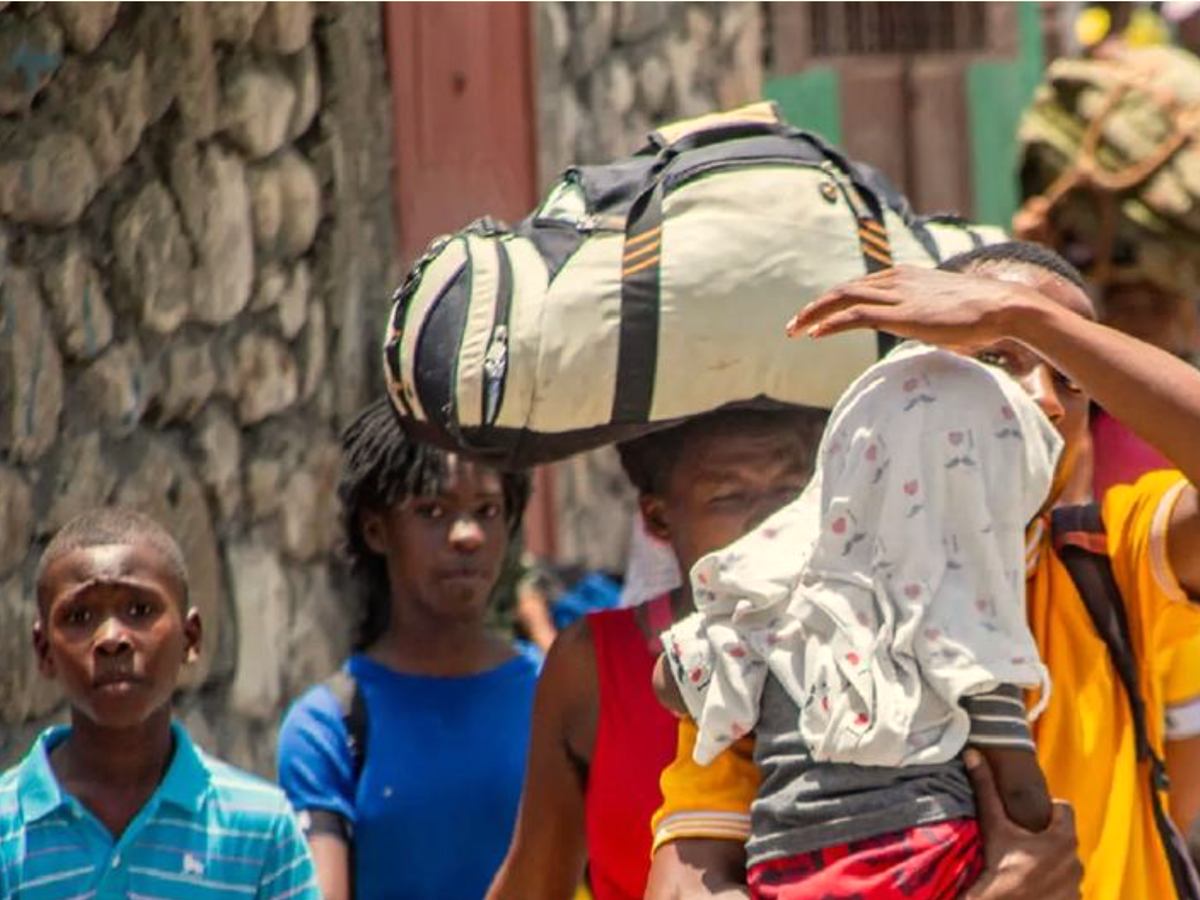Overshadowed by fighting in the Middle East and the U.S. presidential election, Haiti’s collapse into a dystopian nightmare continues unabated.
Violence remains endemic, famine looms and international humanitarians are fleeing the island nation as lawless street gangs tighten their hold and step up their rein of terror.







